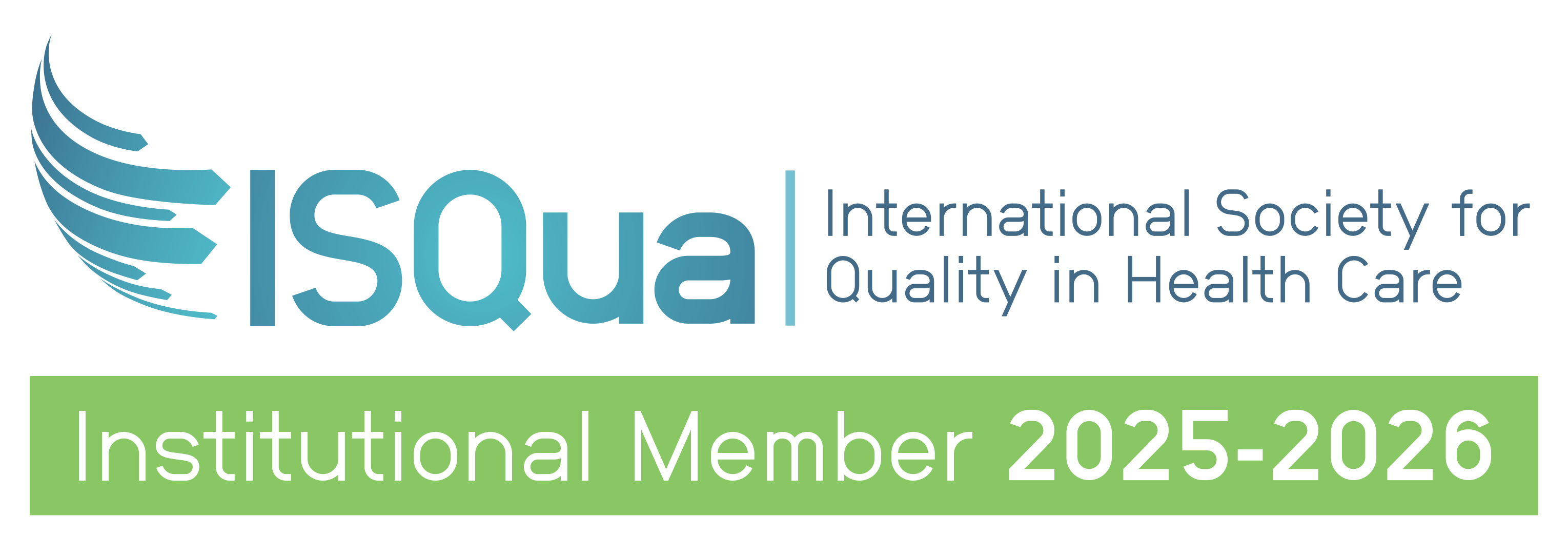
Quality Improvement in Action: Sepsis recognition, a problem worth solving.
QIL Program graduate, Ms Kirsten Thompson, NT Health, shares her quality improvement project on sepsis recognition.
Participants in our flagship Quality Improvement Lead (QIL) Training Program, embark on a 9-month learning journey where they work on a real-life quality improvement project within their own healthcare setting. The program has helped Sepsis Nurse Management Consultant, Kirsten Thompson motivate her teams, engage frontline staff and start the change/improvement process to improve the recognition of sepsis at triage.
Background
Sepsis is a medical emergency, and if not recognised early, leads to delayed management and increased risk of patient morbidity and mortality. Despite the implementation of sepsis pathways Northern Territory (NT) wide, its health services continue to have gaps in sepsis knowledge and skills required to detect sepsis on presentation to their emergency departments (ED).
Project Summary
The aim of the project is to improve the recognition of sepsis at triage, and subsequent appropriate allocation of Australasian Triage Scale (ATS) 2, to a minimum of 85% of the time for all patients with sepsis presenting to Katherine Hospital (KH) ED triage by December 2022.
Utilising quality improvement activities, including brainstorming, the project team identified several barriers to early sepsis recognition specific to the KH ED. Analysis with Cause and Effect and Pareto charts enabled the team to identify contributing factors and common themes, and prioritise what processes needed improvement. Process-mapping and a driver diagram was useful for specifying the important drivers and concepts for change and how these would be implemented. This included ongoing focused clinical education for triage nurses and ED clinicians using various modalities; improvements to the triage process by taking a full set of vital signs as part of the triage assessment and commencing the sepsis pathway as indicated; and utilising ongoing evaluation to monitor compliance with the new triage process.
Results
Pre-intervention auditing of KH patients presenting with sepsis to ED in October 2021, revealed 57% of patients were allocated an appropriate ATS at triage. Post-intervention analysis saw an increasing trend in ATS 2 allocation, with 100% of sepsis patients accurately triaged in September 2022. The ATS 2 allocation average increased from 54% at the start of 2022, to 82% in the second half of the year. PDSA cycle testing has not at this stage been implemented to evaluate changes to the triage process, due to infrastructure requirements and subsequent delayed implementation, and will be incorporated into future work. Focused education for triage nurses and ED clinicians has shown positive impact.
Up to date, The ED team have kept up their momentum with education and compliance with the new triage process and their results have continued to improve. Results from January to end of April 2023 show on average 95% ATS 2 allocation (5% is ATS 1) for sepsis presentations. This evidence of successful improvements in KH ED sepsis recognition will help support its application into other emergency departments’ across the NT.
Our participants see the QIL program as a transformative learning experience
“With a broad range of knowledgeable and experienced presenters, this course was jam packed full of information about quality improvement activities that I have been able to use in my safety and quality role to help clinicians engage in evidence-based practice change and improve patient outcomes. This course has definitely broadened my knowledge in quality improvement, and also assisted with my leadership skills in engaging clinicians to want to change.” - Kirsten Thompson, Sepsis Nurse Management Consultant, Clinical Excellence and Patient Safety, NT Health
Are you ready to make a difference?
The above project is an example of the invaluable knowledge, experience and practical insight that is developed during the QIL Training Program. Participants engage with a wide variety of projects and are supported by our expert Improvement Academy Facultys throughout the course.
There is still time to join our upcoming V-QIL program in August. Join this upcoming free information session where you will learn about the benefits of the course and how it can help you to become an effective improvement leader.

